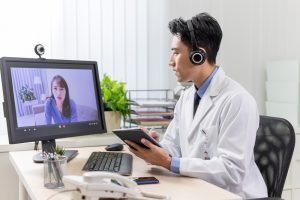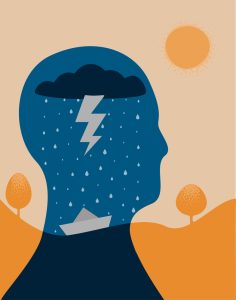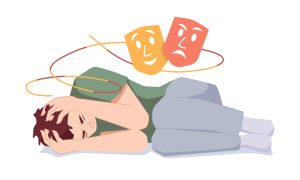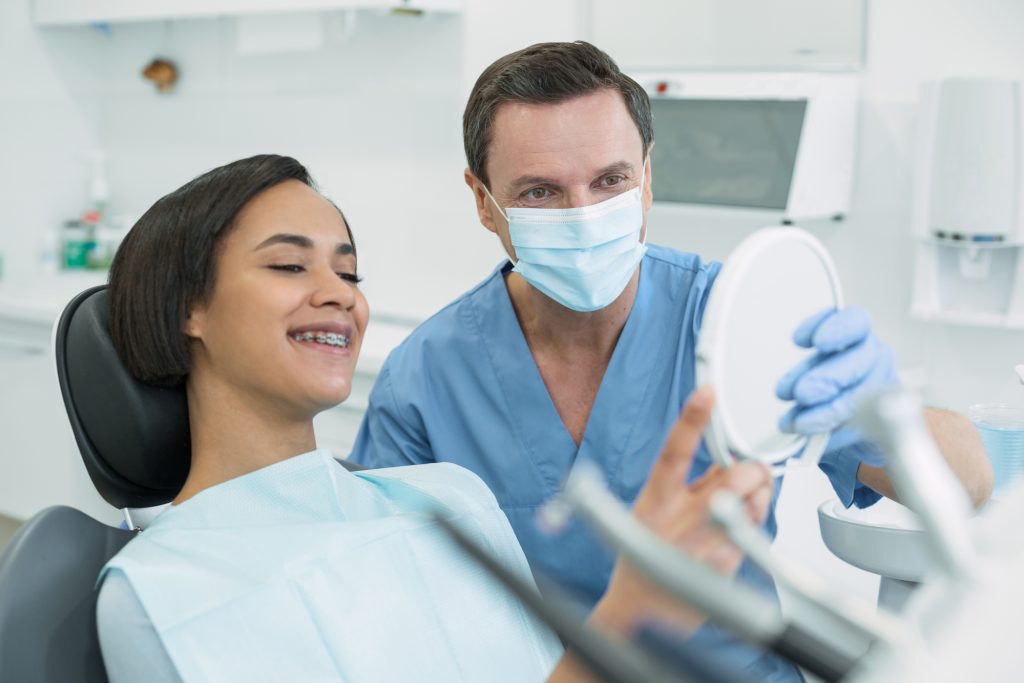 Written by Veronica Turner
Written by Veronica Turner
Whether you’re seeking increased flexibility or looking to cut down your commute, remote jobs have taken on a new appeal, especially in the healthcare field. The medical industry not only promises a solid income but also lends you an opportunity to impact lives positively.
From medical transcriptionists and health information technicians to virtual health coaches, there’s a wide spectrum of such rewarding jobs that combine healthcare and remote work. Let’s dive into these fields and explore some profitable healthcare positions you can do from home.
10 Incredible Work-From-Home Jobs In The Medical Industry
According to the Bureau of Labor Statistics, 27% of the U.S. population works from home. If you want to be a part of this growing demographic, consider applying for one of these careers.
-
Medical Transcriptionist
A medical transcriptionist is a key figure in the healthcare sector. In this role, you’re tasked with listening to voice recordings from healthcare professionals and transforming them into written documents. Accuracy and attention to detail are essential skills in this profession.
This job involves a lot of responsibility. After all, accurate medical records are crucial for providing top-notch patient care. As a bonus, it offers the flexibility and convenience of working from home. With increasing digitalization in healthcare, this career shows an upward trend.
-
Health Information Technician
As a health information technician, you play the important role of maintaining and organizing health data. Your primary responsibilities include ensuring the data’s accuracy, quality, accessibility, and security in both paper files and HIPAA-approved electronic systems.
Proficiency in technology and familiarity with medical records are typically required for this job.
With a pivotal role in ensuring efficiency within our healthcare system, a health information technician provides a rewarding career that combines technical skills with medical knowledge.
-
Medical Coders
Coding is an engaging and in-demand profession, with a role that focuses on transferring healthcare diagnoses and procedures into recognized codes. Particularly noteworthy are positions involving medical coding in NJ, where opportunities can be found in and out of state.
As the backbone of the healthcare documentation and billing process, your work as a medical coder contributes tremendously to improved efficiency in the healthcare system. The best part? You can apply online all around the USA, making a living in CA but working in NJ possible.
-
Telephonic Nurse Case Manager
A telephonic nurse case manager is an evolving role in the healthcare industry that combines nursing expertise with organizational skills. Your job will involve coordinating and overseeing a patient’s care plan over the phone, ensuring they receive appropriate and necessary treatments.
While still providing high-quality patient care, this role offers the appealing benefit of working remotely through Telehealth services. This innovative approach to healthcare delivery offers great rewards and satisfaction in playing a vital part in improving patients’ health outcomes.
-
Clinical Research Coordinator
In the world of medical research, a clinical research coordinator is an integral part of any successful study. Your primary role will be to oversee all aspects of clinical trials, from gathering and processing data to adhering to protocols and maintaining contact with participants.
This job demands organizational skills, attention to detail, and sound knowledge of scientific procedures related to the testing of new medications or treatments. With digital technologies making it possible to conduct tasks remotely, you could comfortably perform this role at home.
-
Home Care or Hospice Marketer
In the expanding realm of healthcare, the role of a home care or hospice marketer is increasingly important. Your job would consist of leveraging various online channels and social platforms to promote the services provided by home care establishments or hospices.
A strong blend of marketing and communication skills, coupled with a good understanding of healthcare services, is usually required for this role. Combining creativity with service, it’s a fulfilling job that capitalizes on digital marketing trends in healthcare while working from home.
-
Virtual Health Coach
The position of a virtual health coach is a rewarding work-from-home job opportunity within the healthcare industry. If you’re a certified health coach with an empathetic mind and a sincere desire to improve people’s lives, this career may be perfectly suited for you.
Your responsibilities can range from providing guidance on healthier lifestyle choices to helping clients cultivate positive habits and attitudes toward personal health. This profession offers satisfying income potential and a sense of fulfillment in contributing to the wellness of others.
-
Pharmaceutical Sales Representative
A pharmaceutical sales representative is often the critical link between pharmaceutical companies and healthcare professionals. In this remote work role, you would connect directly with medical practitioners to promote drugs manufactured by the company you represent.
Not only does it require a good understanding of the pharmaceutical industry, but also excellent interpersonal and communication skills for effective sales pitches. Although there may be performance targets to meet, working from home allows flexibility in your schedule.
-
Teletherapy
As a teletherapist, your role would be to conduct online therapy sessions with patients, addressing issues such as stress, anxiety, depression, and more. This remote work model enables you to provide meaningful therapeutic interactions without leaving home.
You’d need appropriate credentials as a therapist and, ideally, some familiarity with online platforms. Teletherapy offers an incredible opportunity to positively impact individuals’ mental wellness from the comfort of your own home while attaining good income potential.
-
Medical Illustrator
Being a medical illustrator could be a captivating work-from-home career option in the medical industry. In this position, your primary responsibility would be to design and produce visually engaging content for instructional material or presentations on medical topics.
By transforming complex medical information into digestible visual content, you’ll play an essential role in enhancing understanding among doctors, students, and patients alike. With growing digital media demand, this remote profession is lucrative and incredibly creative.
In Conclusion…
So, are you ready to start your career in the medical industry from the comfort of your own home? Remember, all these roles offer not just great financial prospects; they also allow you to positively impact health outcomes while working remotely. Your skills, qualifications, and passion can pave the way for a rewarding journey in these diverse medical fields.
Author Bio:
Veronica Turner is a health and lifestyle writer with over 10 years of experience. She creates compelling content on nutrition, fitness, mental health, and overall wellness.
Please also review AIHCP’s professional certification programs and see if it meets your academic and professional goals. These programs are online and independent study and open to qualified professionals seeking a four year certification.

 Written by Veronica Turner
Written by Veronica Turner






 Dentistry
Dentistry Optometry
Optometry Doctor of Medicine (MD)
Doctor of Medicine (MD)

